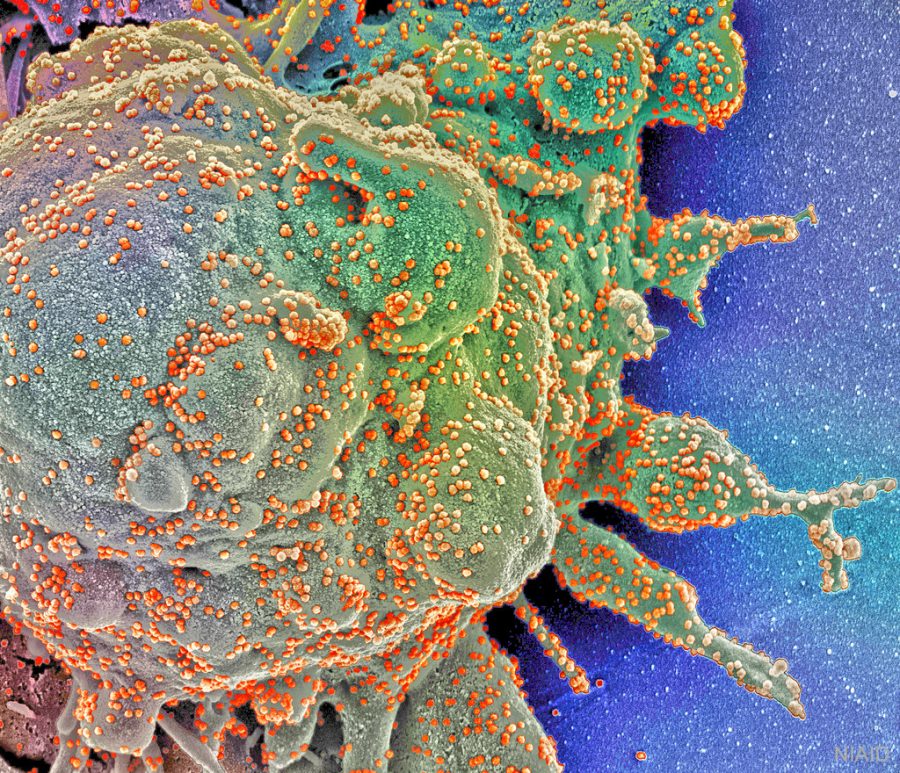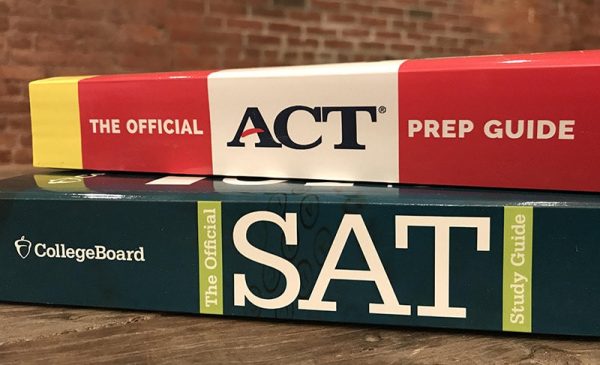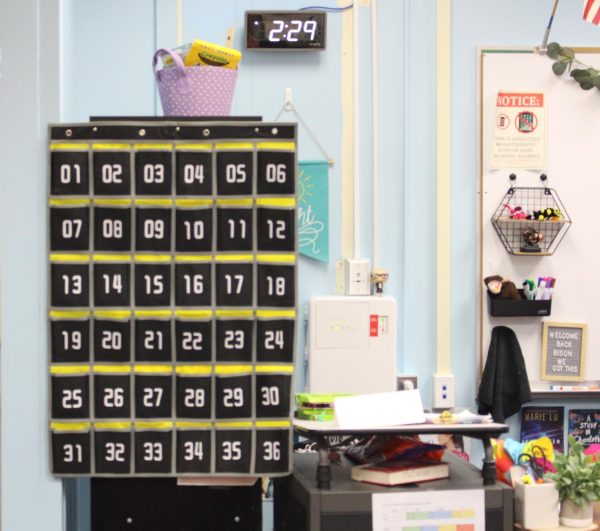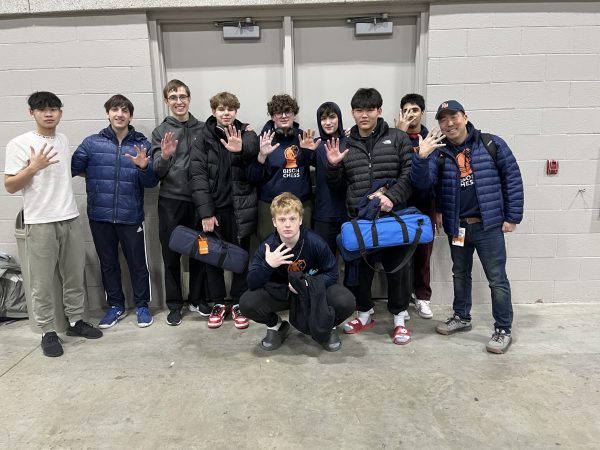New strains of COVID-19 continue to emerge
Coronavirus variant
In the U.S., it all started in March 2020: the lockdowns, the masks and the social distancing all because of COVID-19. Now, there is a more contagious variant, which could possibly be more deadly.
This new variant was first identified in Britain and has been found in at least 42 states. Other variants like the ones in South Africa and Brazil have been reported across the U.S. in low numbers.
The South African variant is especially troublesome because of data showing it may lower the effectiveness of the vaccines. By knowing where and how much these variants are spreading is very important in preventing another deadly wave of COVID-19.
COVID-19 and the battle to contain this virus is tough, even if you exclude these new variants. There have been millions of deaths worldwide.
“I don’t know anyone directly who has gotten COVID, although I do know that many of my mom’s coworkers have contracted it and are still in the recovery stages,” sophomore Christine Yaun said.
People can still be in recovery mode even months after they contracted COVID-19. Everyone can be very different in how they react to the virus.
“Some of my friends who got COVID-19 had mild cases, but they said that having the virus was like having a cold just worse,” senior Mya Estanislao said. “Since it was mild lots of them had sore throats and couldn’t smell or taste a lot of things.”
Dr. Anthony Fauci said on “Fox News Sunday” that while it is still not that bad in the U.S., if it becomes a bigger issue, we may need a new version of the vaccine that is effective specifically against these new variants. Officials warn that the variants can reverse the downward trajectory of COVID-19 cases in the U.S. and can delay the nation’s recovery.
“I am concerned about the diminished effectiveness of current vaccinations with future mutations,” physical education teacher Patrick Dudle said. “Scientists are working on booster shots that could be useful against new variants.”
The U.S. has been trying to vaccinate as many people as they can before the variant gets out of control. As of Mar. 7, 17.7% got the first dose of the vaccine and 9.2% got the second dose.
“Limit interactions with people, but if you do decide to meet up, then follow the guidelines for it,” Estanislao said. “Make sure to sanitize objects you get from the store, wash your hands, wear a mask, don’t touch your face so much and try carrying a small hand sanitizer.”
South Africa halted the use of the AstraZeneca-Oxford vaccine. Evidence showed that it did not protect participants in a clinical trial from mild or moderate illness from the variant.
“I have heard the current vaccines available are believed to be highly effective against the conventional variety of coronavirus and also the U.K. strain,” Dudle said.
The Center for Disease Control states that genetic mutations can be expected with viruses. Some variants can spread and become predominant while others subside.
“Hopefully as the vaccine itself is adjusted in the future, it will become a panacea for all strains of COVID,” Yaun said.











